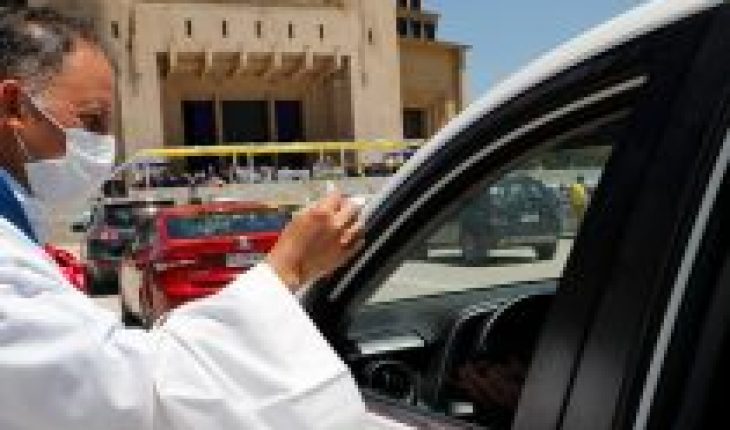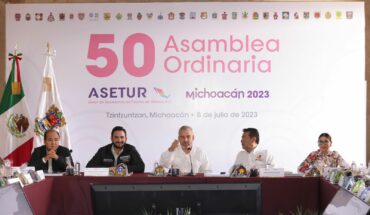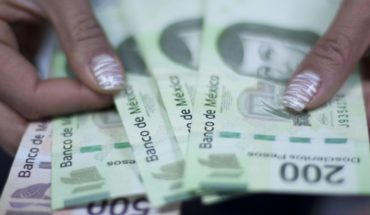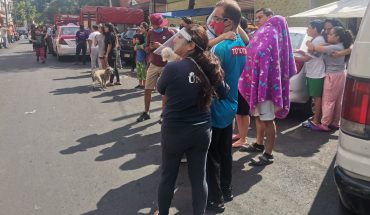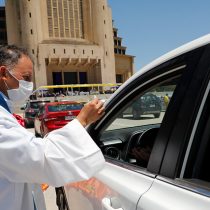
The pandemic has been a catastrophe in every corner of the world. Governments have done their best to mitigate its effects, but there is no doubt that not everyone has been right. The damage of the virus has been added to the immeasurable damage caused by some of the restrictions or prohibitions, which on multiple occasions have exhibited disproportion, lack of reasonableness and unequal treatment.
One of the rights most affected during the crisis has undoubtedly been that of the right to freedom of religion and worship, which has not been treated according to its status as a fundamental right, being quickly sacrificed in the attempt to contain the advance of the virus. In circumstances such as those we live in, this right is subject to a kind of structural disadvantage and is the subject of misunderstanding, for it is always less than the total population who argue that religious observance is essential in their lives and act accordingly. Getting this right defended and respected by all requires an exercise in understanding the other, often absent. The observer often thinks of the problem from the perspective of what is essential to him and not, on the other hand, for the one who seeks to exercise it. The pandemic has made this clear.
Even before the pandemic arrived, restrictions on freedom of religion and worship have reached all-time highs, as a recent study by the Pew Research Center reveals. In 2018, the highest proportion of restrictions on religion in the world have been recorded since 2007. The Asia-Pacific region recorded the highest number of cases of use of state force against religious communities (albeit for reasons other than those of the current global situation).
As far as the crisis is going, we have seen with alarm how even the most consolidated and allegedly human rights-friendly democracies have, in the most serious cases, committed absolute prohibitions on the exercise of this freedom, as in Scotland. In many others, the restrictions imposed have involved unfairly discriminatory treatment to the detriment of religious observance, such as in Germany, Switzerland, France or the United States, to name a few. Fortunately, in all of them the courts of justice have blamed governments and demanded that measures be adjusted to give religious life at least equal treatment to trade trafficking and remember that restrictions must be strictly necessary.
In Latin America, the situation doesn’t seem very different. After eight months of restrictions, Peru’s government only authorized a progressive reopening of the churches last November. In Argentina, there has also been this tension, even some dioceses, such as Cordoba, to rebel against measures specifically imposed against the realization of religious offices, affecting the spiritual health of people.
In Chile, restrictions have also had a disproportionate impact on religious life, especially with weekend lockdowns and severe capacity constraints that do not consider the real possibilities of keeping estating. There have been the faithful who have organized to resort to courts, encountering an extremely deferential attitude in government action and the refusal to review the uridicity of the measures. The most regrettable situation occurred for Christmas, in which the courts that allowed the claims to be processed ignored their urgent nature and processed them with such long deadlines that, by the time the government had responded, Christmas had passed and the damage was already consummated. An exquisite irony, considering that at the beginning of the pandemic one of the judges of the Supreme Court of this country calmed citizens through a means of communication guaranteeing that “none of their rights can be tainted and that here we are the courts working… citizens are sheltered, even in the midst of this pandemic.” The reality has been different.
The creation in record time of Covid-19 vaccines creates the expectation that the pandemic will come to an end sooner rather than later. But until then, the restrictions will continue and the fight to enforce the human dignity of believers will continue. As far as Christians are concerned, Easter is coming, culminating in Easter, the most important day of the year. There will be new attempts to demand that governments respect freedom of religion and non-discrimination of the faithful. Hopefully, at least this one seesz, the courts don’t drag their feet.
The content poured into this opinion column is the sole responsibility of its author, and does not necessarily reflect the editorial line or position of El Mostrador.

